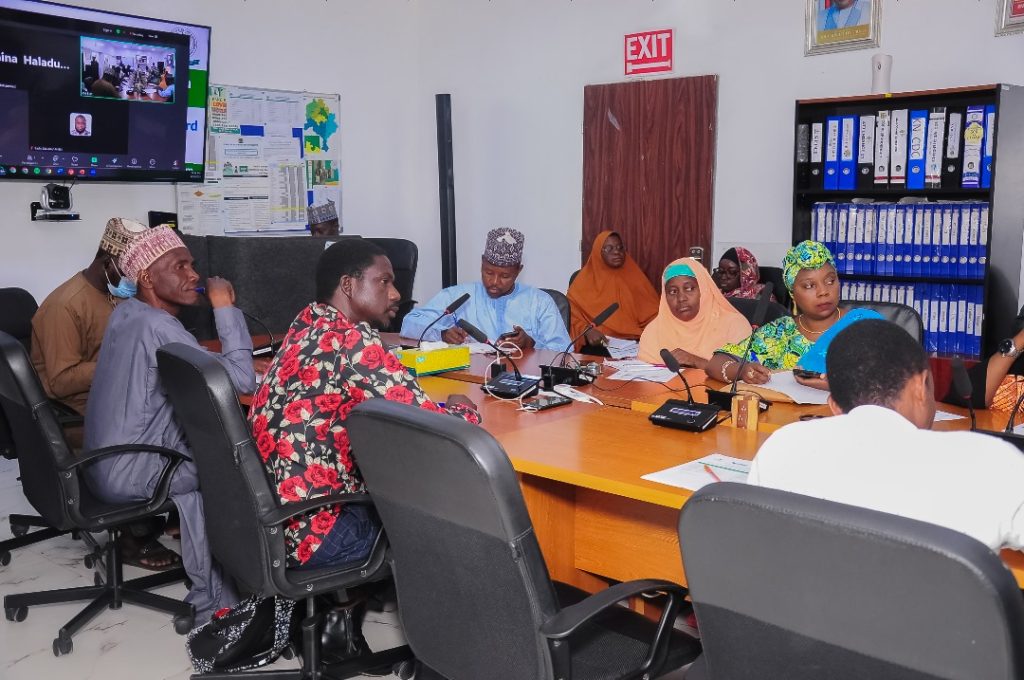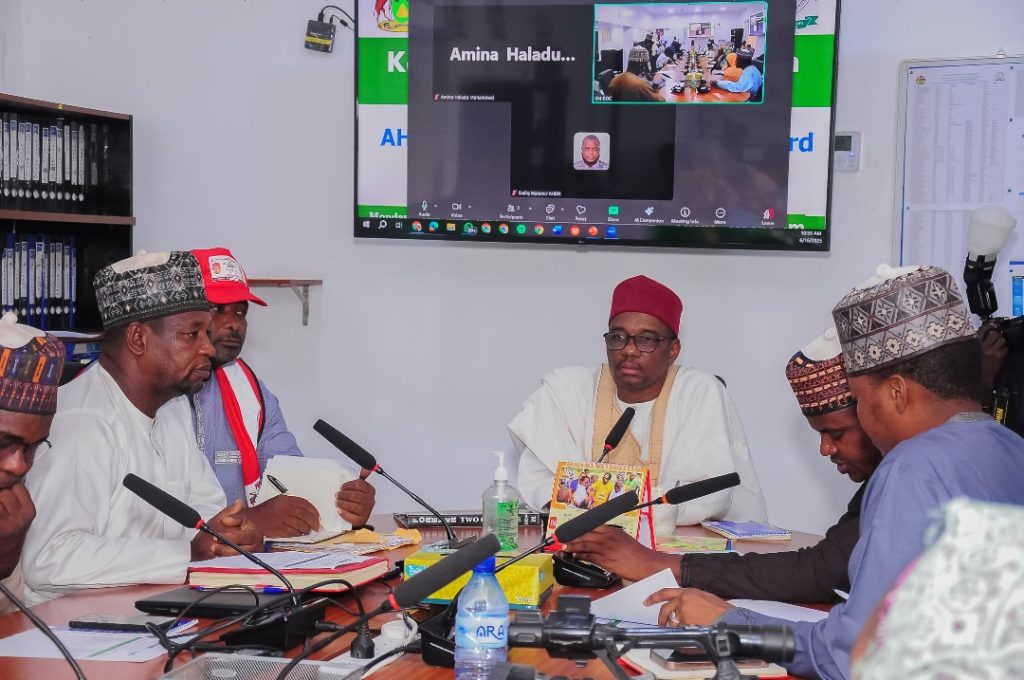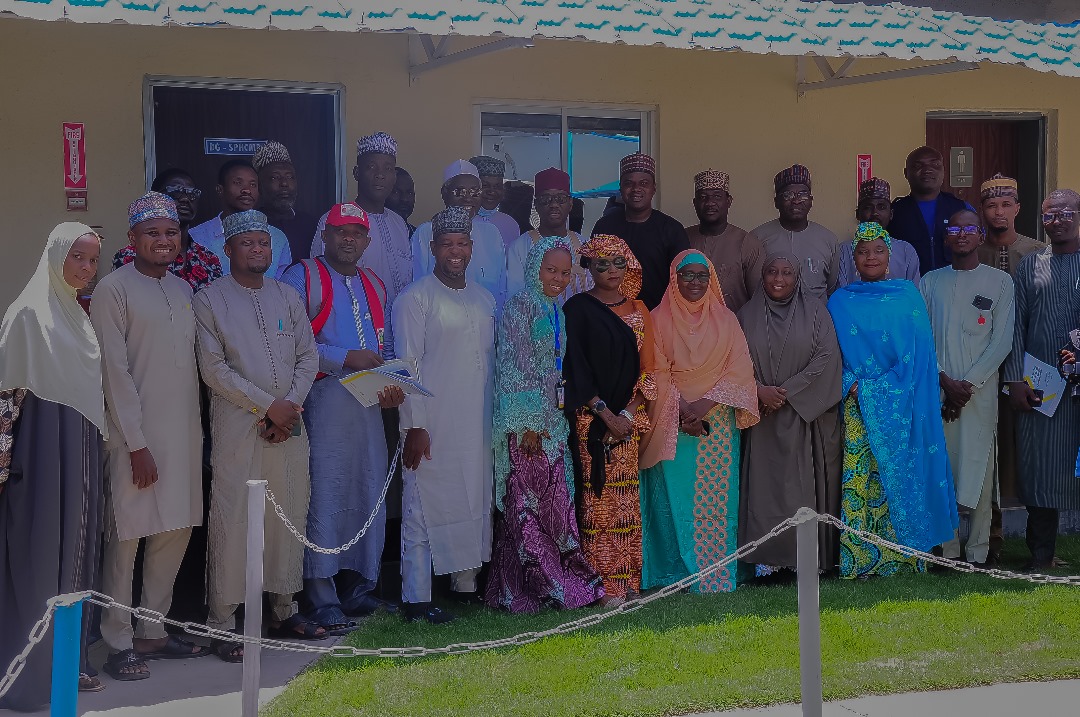By Musa Abdullahi Sufi
In an inspiring display of collaboration and evidence-based advocacy, the African Health Budget Network (AHBN) in partnership with the African Field Epidemiology Network (AFENET) has convened key stakeholders in Kano State to share major milestones and critical findings from the ongoing implementation of the Zero Dose Learning Hub (ZDLH) project—a transformative initiative backed by Gavi, the Vaccine Alliance.
The dissemination event, held at the Polio Emergency Operations Center (EOC) in Kano, highlighted key lessons from over two years of dedicated work aimed at reaching children who have never received a single vaccine that is commonly referred to as “zero-dose” children as well as those under-immunised and overlooked by existing health systems.
A Collaborative, Data-Driven Approach to Immunisation Equity
The ZDLH project is being implemented across four high-burden Nigerian states that in include Kano, Sokoto, Borno, and Bauchi as well as at the national level, through a consortium led by AFENET and AHBN. Working closely with the National Primary Health Care Development Agency (NPHCDA) and State Primary Health Care Boards, the initiative supports governments to leverage community-led monitoring, data analytics, and budget accountability to increase vaccine access in hard-to-reach communities.
The approach includes the establishment of Communities of Practice (CoP) to support local advocacy, decentralised immunisation monitoring in underserved LGAs such as Kumbotso and Sumaila, and the launch of Immunisation Budget Accountability Scorecard; all aimed at improving public health financing and targeted service delivery.
The Scorecard: Holding Systems Accountable for Every Child
The Accountability Scorecard, unveiled during the press briefing, paints a revealing picture of both progress and persistent challenges. It praises the Kano State Government for its sustained double-digit health budget allocation that exceeds the Abuja Declaration benchmark and the creation of a State Task Force on Immunisation, chaired by Kano State Deputy Governor Comrade Aminu Abdulsalam.

However, the project calls for improved budget performance, urging timely releases of counterpart funding at both state and LGA levels.
The findings send a clear message: policy commitment must be matched with timely action if the vision of leaving no child behind is to become a reality.
In his remarks, Dr Nasir Mahmoud, Executive Secretary of the Kano State Primary Healthcare Management Board (SPHCMB), revealed that Kano is among the states with the highest number of zero-dose children, with 15 out of the 100 identified LGAs nationwide located in the state.
“Kano has been actively involved in the Zero Dose Learning Hub from the onset, showing our dedication to improving the health and wellbeing of women and children,” he said.
Dr Nasir described immunisation as the most effective strategy for reducing maternal and neonatal mortality, and assured participants that the government and its development partners are working diligently to reverse the trend. He further called for continued support from all stakeholders to ensure every child is reached with life-saving vaccines.

A Unified Call to Action for Government and Partners
On behalf of the AHBN/AFENET consortium, the Community of Practice made the following appeals; Commendation to the State Government for prioritising immunisation in its budgeting process and governance structure; Call for urgent action on improving budget execution and disbursement timelines, especially for immunisation and health MoUs; and Demand for coordination among development partners to streamline efforts, avoid duplication, and ensure optimal use of resources.
“The evidence is clear; we know where the zero-dose children are. What we need now is sustained action and stronger partnerships,” said Dr Musa Muhammad Bello, AHBN State Focal Person.
From Numbers to Lives: What’s at Stake
Behind every data point lies a child that is unseen, unvaccinated, and unprotected. With Nigeria hosting one of the highest burdens of zero-dose children globally, efforts like the ZDLH are not just important, but they are urgently essential.
As Africa charts a path toward universal health coverage, ensuring equitable immunisation access for every child, regardless of geography or socioeconomic status, is a moral and public health imperative.
This project represents not only a technical solution but a social justice movement, one that demands the involvement of all government, communities, civil society, and international partners.
The event was attended by representatives from Gavi, AFENET, civil society organisations (CSOs), the media, and other relevant stakeholders, underscoring the power of multi-sectoral collaboration in advancing immunisation equity.
Musa Abdullahi Sufi, writes from Kano, Nigeria.




